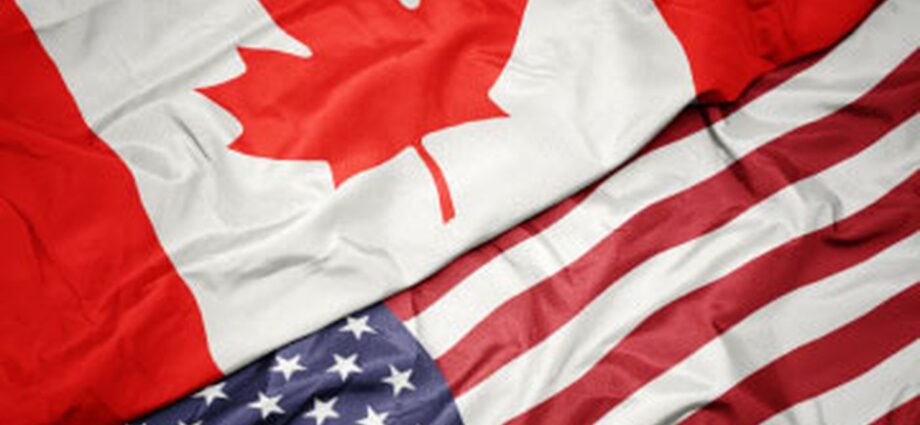
By Shaynee Modien, Local Journalism Initiative Reporter, The Shaunavon Standard
June 12, 2025
As of June 3, 2025, the Canadian government is seeking to introduce new legislation to implement additional border security measures. Bill C-2, also known as the “Strong Borders Act,” was brought forward at a news conference on Parliament Hill. Public Safety Minister Gary Anandasangaree was present to discuss the measures outlined in the bill. The federal government’s new legislation aims to strengthen border security.
The proposed bill has three main components: securing the border, fighting organized crime and illegal fentanyl, and disrupting illicit financing.
When approached for comment on June 3, Luke Reimer, Spokesperson for the Canada Border Services Agency, Government of Canada, redirected the inquiry to a standard response on the Government of Canada’s website, which posted information on strengthening border security, along with an accompanying backgrounder on the Strong Borders Act.
Some of the recent changes the federal government would like to bring into legislation include:
* Recruiting 1,000 more RCMP personnel to tackle drug and human trafficking, foreign interference, cybercrime, and organized criminal gangs.
* Hiring over 1,000 additional CBSA personnel, including border services officers, intelligence analysts, and specialized chemists, and training up to 9 new detector dog teams.
The government also proposes to amend the Canada Post Corporation Act to:
* Remove barriers that prevent police from searching mail, where authorized to do so in accordance with an Act of Parliament, to carry out a criminal investigation.
* Expand Canada Post inspection authority to open mail.
In December 2024, the government implemented changes to the border plan, including:
* Detecting and disrupting the fentanyl trade: The Government of Canada will increase support to law enforcement agencies in detecting, intercepting, and addressing fentanyl and precursor chemicals by adding artificial intelligence and imaging tools that will help detect illegal drugs before they enter Canada. The Canada Border Services Agency (CBSA) will train and deploy new canine teams to intercept illegal drugs. The agency currently has over 80 detector dog teams located at various ports of entry across Canada. CBSA will also deploy new chemical detection tools at high-risk ports of entry.
* Introducing significant new tools for law enforcement: The Royal Canadian Mounted Police (RCMP) will deploy a new Aerial Intelligence Task Force comprised of helicopters, drones, and mobile surveillance towers. Counter-drone technology will support RCMP officers and provide 24/7 surveillance between ports of entry.
* Increasing information sharing: The Government of Canada will build on information and intelligence sharing between federal, provincial, territorial authorities, the U.S., and other international partners. Enhanced information sharing will allow authorities to identify, monitor, and collaborate with partners to intercept high-risk individuals attempting to travel along with goods of interest attempting to move between countries.
The Safe Third Country Agreement (STCA) and its Additional Protocol remain in place. People must claim asylum in the first country they enter – be it Canada or the U.S. This agreement mitigates against unlawful entry into either country and maintains border integrity for both countries. Claimants that do not meet an exception or exemption to the STCA will be returned to the first safe country they entered, either Canada or the U.S.
Subscribe to our newsletter.


